Citation
Messmer, William; Yordán, Carlos. A Partnership to Counter International Terrorism: The UN Security Council and the UN Member States
. Studies in Conflict & Terrorism Vol 34, no. 11 (2011): 843-861. DOI: 10.1080/1057610X.2011.611932.
Findings
The authors find that although criticized and viewed pessimistically by scholars, a partnership between the Security Council and the UN member states, based on Resolutions 1368 and 1373, has attained some important objectives in the global struggle against terrorism. The authors argue that most terrorism scholars have paid little attention to the Security Council's counterterrorism efforts and are not only overly pessimistic but are also influenced by a misunderstanding of how the global counterterrorism system works. These studies pay too much attention to this system's UN actors, in particular the Security Council and the CTC/CTED, while treating UN member states as peripheral clients or ad hoc players in a more hierarchical system, managed by the Security Council. The authors present member states as being of equal importance in the system with considerable operational responsibility, alongside the Security Council and its assisting bodies. In Resolution 1368, the Security Council gave states a blank check to develop measures to defend against terrorism, but in the subsequent Resolution 1373 the Security Council required all states to criminalize terrorism, to ratify the 12 conventions on terrorism related activities and to enact a set of common counterterrorism laws. This resolution also called on states to freeze all terrorist accounts and funds. The author notes that state-Security Council partnership is working in encouraging states to make these CT changes as evident by the state's willingness to cooperate. In fact, a high number of states have returned reports about their efforts, which the author argues is a sign of effectiveness. Many also ratified the conventions on terrorism related activities. The article then examines Middle Eastern states' efforts to adopt financial regulations and finds that many states have, in fact, made progress in this area, with all 12 states in the analysis adopting money laundering laws, all 12 setting up financial intelligence units, and nine out of 12 accepting evaluation of their efforts from intergovernmental organizations and other states, and nine out of 12 adopting counterterrorism finance laws. There are no doubt differences in the seriousness with which states pursue their counterterrorism efforts, but it also seems likely that the combined work of the partnership and periphery organizations have brought progress toward the common goal of combating terrorism.
Tags
Lever of Power: Diplomatic Lever of Power: Financial Lever of Power: Intelligence Lever of Power: Law Enforcement Lever of Power: Governance Method: Qualitative Method: Quantitative Geoscope: Multiple countries UN Region: Eastern Asia UN Region: Northern Africa UN Region: Western Asia DOD Region: CENTCOM Type: Article Year: 2011
Research Background
- Research questions
- How effective has the partnership between the Security Council and the UN member states been on adopting legal conventions regarding the suppression and criminalization of terrorism? (inferred)
- Hypotheses
- Although criticized and viewed pessimistically by scholars, a partnership between the Security Council and the UN member states has played a role in the states' willingness to adopt resolutions aimed at fighting global terrorism. (inferred)
Variables or Concepts
- Independent variables & concepts
- State-centered and Security Council-centered partnership on CT efforts (inferred)
- Dependent variables & concepts
- Adoption of Security Council resolutions to fight terrorism (inferred)
Methodologies
- Qualitative method description
- Case study of a CT partnership between the Security Council and the UN member states based on secondary sources and interviews
- Quantitative method description
- Descriptive statistics for country reports submitted to the CTC/CTED (2001-2009) regarding Resolution 1373
Time Frame
- Start: 1998
- End: 2010
